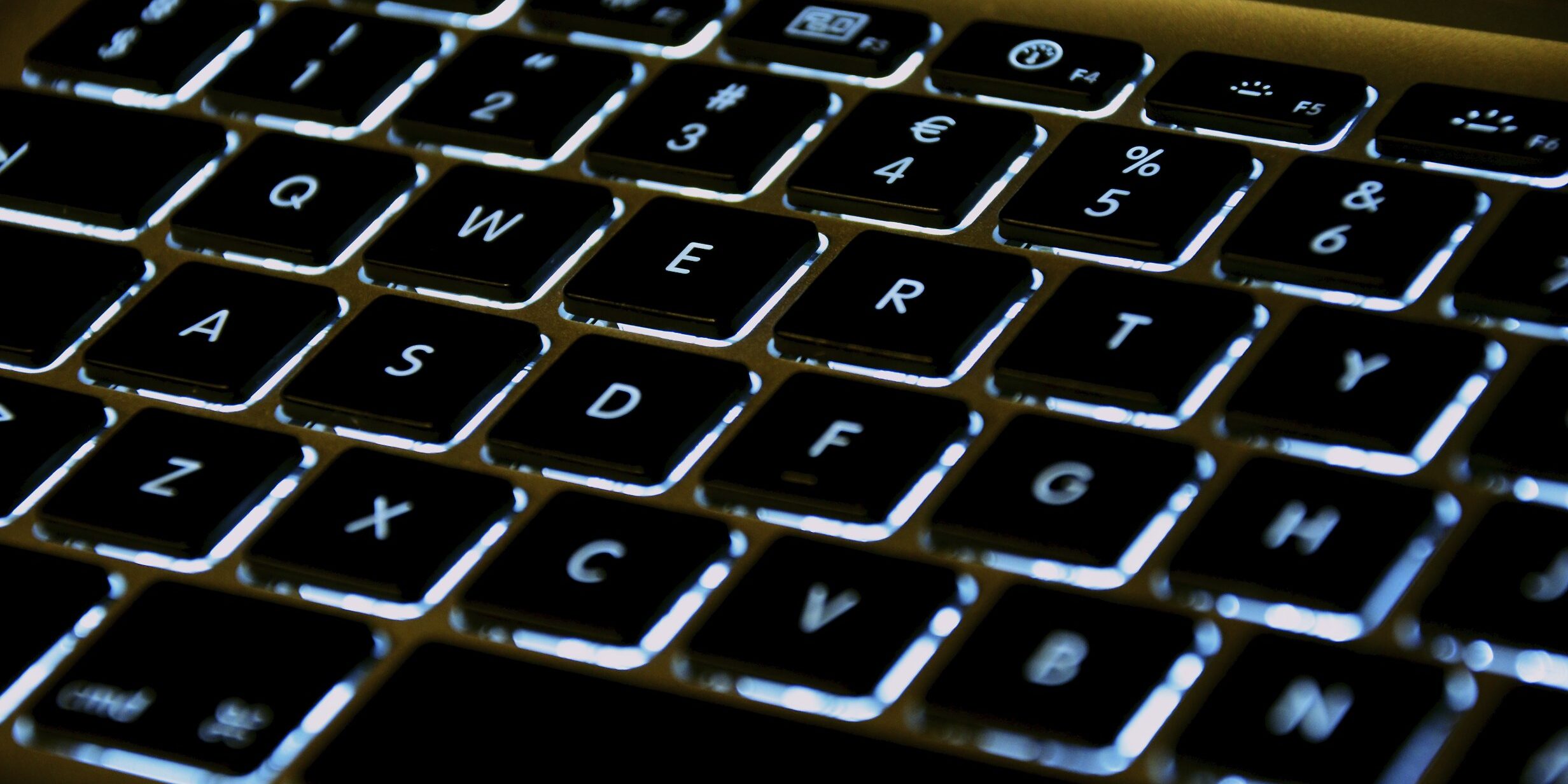Testing AI Accuracy: The Microsoft Copilot Experiment
Artificial intelligence is everywhere, but can we really trust the results it churns out? In a recent hands-on test, Peter McCusker took Microsoft Copilot for a spin to see just how accurate and reliable its answers are. He dove deep into the AI’s responses, probing its validity and reliability. The results? Let’s just say, AI still has a few bugs to iron out before we can declare it the oracle of truth.

When Machines Get It Wrong
McCusker’s experiment found that AI tools like Copilot can skew results, sometimes producing answers that are off the mark. Whether it’s due to flawed training data, misunderstood questions, or just a bit of digital overconfidence, these errors remind us that AI isn’t infallible. So, next time you’re tempted to let Copilot write your homework or answer a trivia question, remember: trust, but verify! After all, even the smartest robots can get a little mixed up—kind of like that friend who swears pineapple belongs on pizza.
We live in an age where AI promises to solve everything, but sometimes it just creates a new set of puzzles. Stay curious, keep questioning, and maybe keep a human handy for fact-checking!
Sources:
Original Article on Broad + Liberty
















